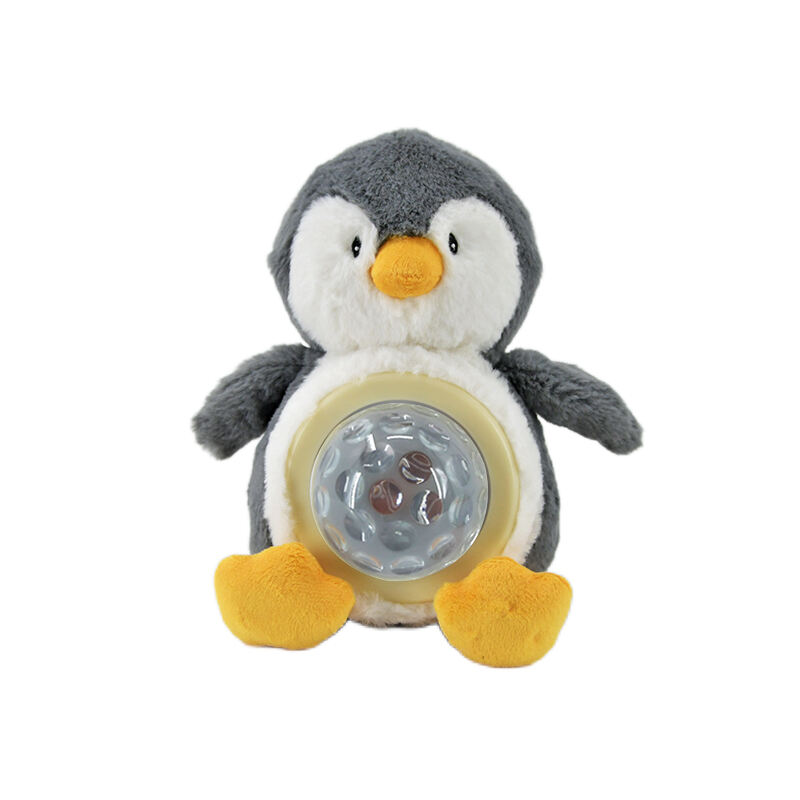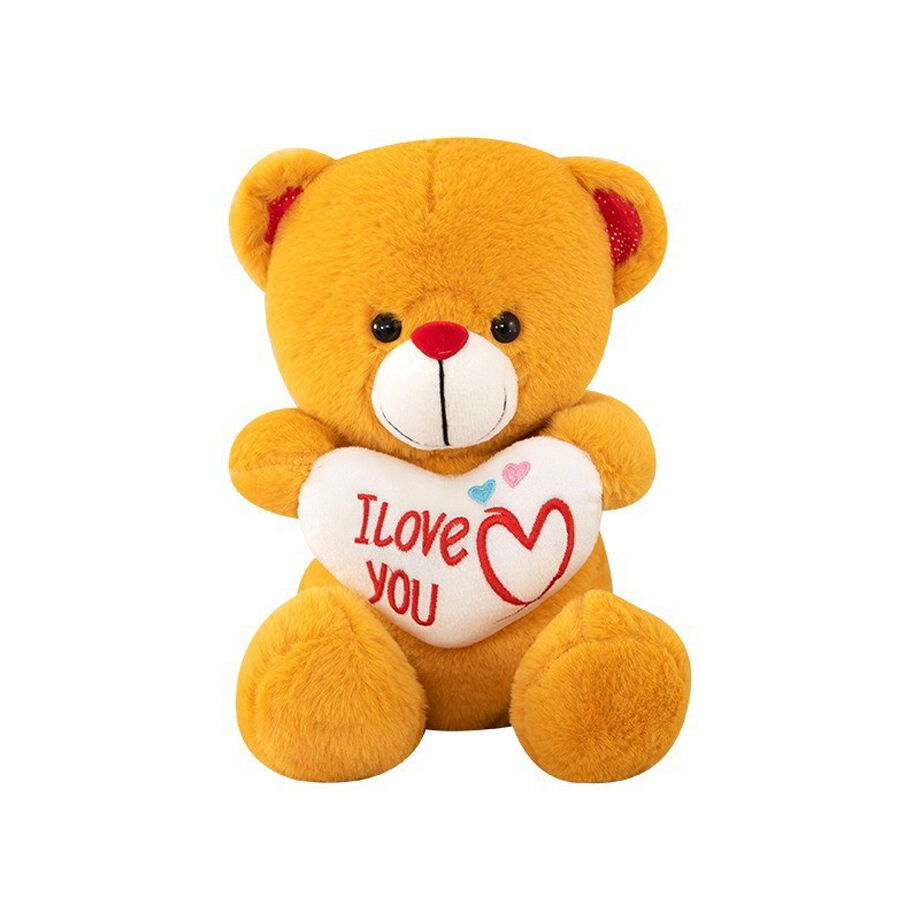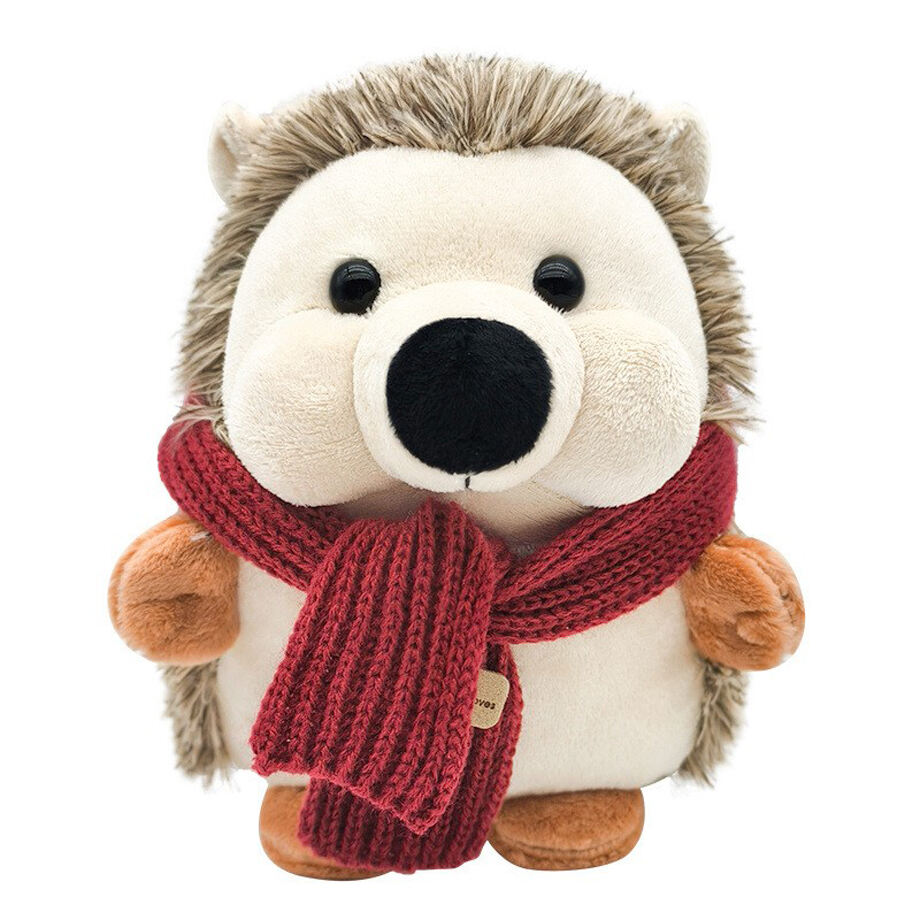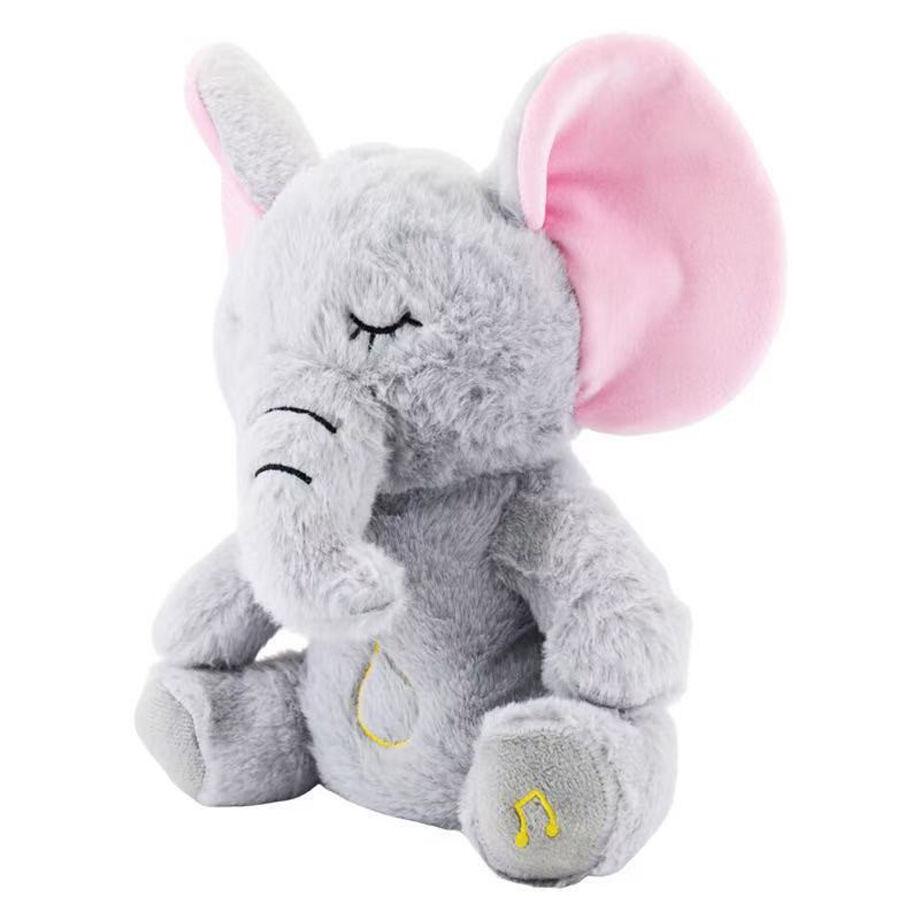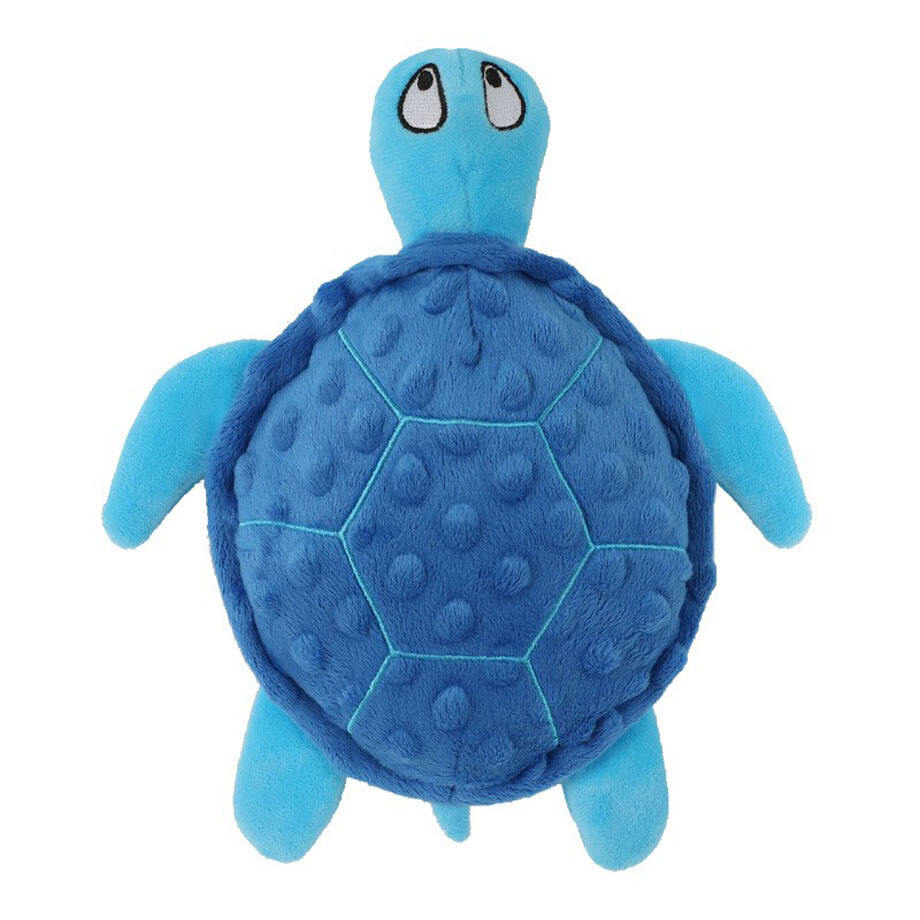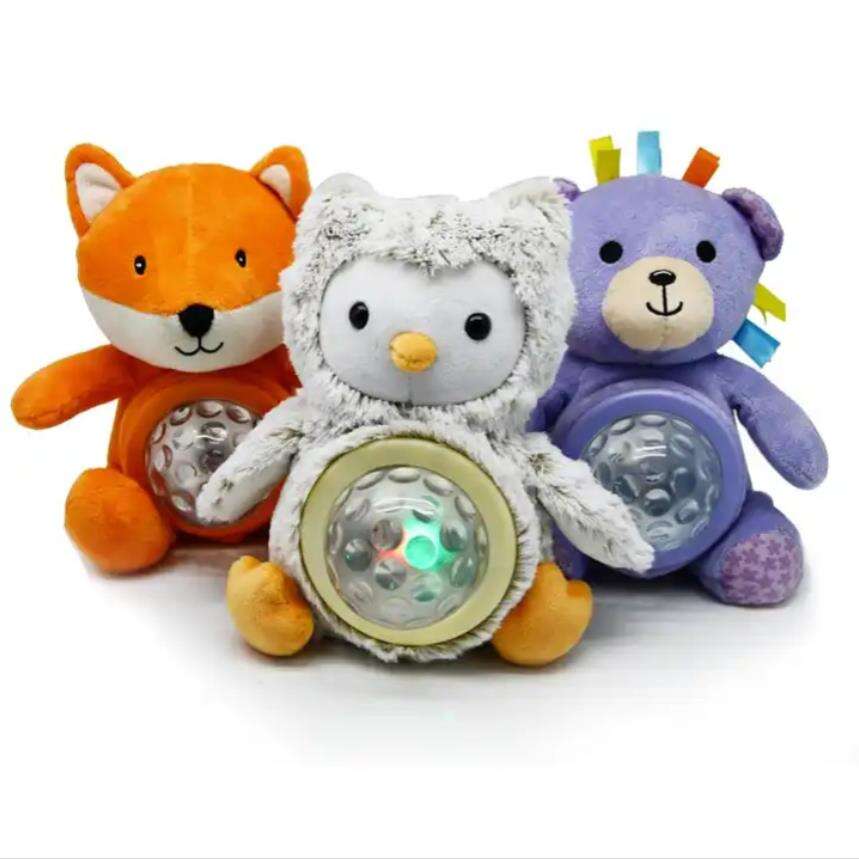The Benefits of Stuffed Animals in Child Development
Emotional Comfort and Security Through Stuffed Animals
Soothing Anxiety in New Environments
Stuffed animals offer essential emotional comfort in unfamiliar settings, playing a significant role in reducing anxiety for children. When a child faces new experiences such as starting school or relocating to a new home, the presence of a cherished stuffed animal can mitigate stress levels. Research supports that children experience lower stress during such transitions when a comforting stuffed animal accompanies them. The act of hugging or holding these plush companions isn't just soothing; it can actively promote feelings of safety and relaxation. This is because the tactile interaction with a stuffed animal can trigger the release of oxytocin—often referred to as the "love hormone"—which is known to foster calmness and security.
Transitional Objects for Sleep Independence
Stuffed animals serve as vital transitional objects that nurture sleep independence in children by offering comfort during bedtime. These toys often become attachment figures for children, providing a sense of security as they learn to self-soothe and sleep alone. The bond formed with a specific stuffed animal enhances feelings of safety, which is crucial as children navigate the challenges of separation from parents at night. Studies have shown that having a transitional object like a stuffed animal aids children in coping with bedtime separations and sleep disturbances. This emotional anchor not only encourages self-reliance at bedtime but also plays a role in developing broader coping mechanisms for facing disruptions.
Cognitive Development via Interactive Play
Stimulating Imagination with Animal Characters
Stuffed animals are more than just comforting companions; they are instrumental in fostering imaginative play. By engaging with stuffed animals, children can create unique narratives and develop storytelling skills. This imaginative exercise promotes cognitive flexibility—essential for creative problem-solving—as children invent scenarios and navigate the roles they assign to their plush friends. For instance, a stuffed lion may become a brave explorer guiding a child through imaginary jungles, helping the child articulate thoughts and emotions through play. Such activities contribute significantly to language development, as children learn to express ideas and emotions tied to their imaginative worlds.
Early Learning Through Sensory Exploration
Stuffed animals are often designed with various textures and colors, making them ideal tools for sensory exploration and early learning. By interacting with these tactile toys, children develop fine motor skills and tactile awareness. Research has shown that sensory exploration aids in forming neural connections that underpin cognitive skills vital for early learning. Furthermore, many interactive plush toys incorporate sound and movement, which engage children further, enhancing their sensory learning experience. As children touch, listen, and see their stuffed animals, they are not only entertained but also building cognitive foundations crucial for their development.
Social Skill Development with Plush Companions
Practicing Empathy Through Caregiving Play
Stuffed animals serve as tangible tools for children to practice empathy and caregiving skills, essential components of social development. By engaging with plush toys in scenarios that mimic real-life caregiving situations, children learn to understand and respond to others' needs. This form of play encourages emotional intelligence and allows children to articulate and process feelings, thereby enhancing their ability to interact socially. As Jordan Taylor, a Developmental Specialist at Early Intervention Services, highlights, through role-play with stuffed animals, children can take on caregiving roles and develop empathy by understanding different emotions their plush companion might ‘feel’ [Early Intervention Services](https://earlyinterventionservices.org).
Additionally, plush companions help children practice social skills like interpreting and responding to social cues. The act of nurturing a stuffed toy involves role-playing with complex emotions and scenarios, teaching children how to respond appropriately to various emotional states. This empathetic engagement and the ability to step into different roles and perspectives foster a deeper understanding of social interactions and improve social competence. Ultimately, caring for a stuffed animal prepares children for real-world social situations, allowing them to practice and refine skills in a safe and comforting environment.
Safety Considerations for Stuffed Toys
Choosing Hypoallergenic Materials
When selecting stuffed animals for children, prioritizing hypoallergenic materials is essential, especially for those with allergies or sensitivities. Opting for toys made from organic cotton and non-toxic dyes ensures that they are safe for prolonged play, even for very young children. Such materials reduce the risk of skin reactions and respiratory issues, promoting a healthier play environment. Parents can rely on certification marks like OEKO-TEX to guide them in choosing products free from harmful substances. These certifications indicate that the toys have undergone rigorous testing and meet safety standards crucial for children's well-being.
Age-Appropriate Size and Feature Guidelines
Ensuring the safety of stuffed animals also involves adhering to age-appropriate size and feature guidelines. It's vital to consult size guidelines to prevent choking hazards, especially for infants and toddlers known for exploring objects with their mouths. Stuffed toys should not have small detachable parts that could pose a safety risk to young children. Manufacturers typically include age recommendations on packaging, assisting parents in selecting suitable toys for each developmental stage. By following these guidelines, caregivers can ensure that their children's playtime remains both safe and enjoyable.
Featured Developmental Stuffed Animals
Baby Night Light Plush Toy - Multi-Sensory Sleep Aid
The Baby Night Light Plush Toy is a multifunctional sensory sleep aid designed to ease bedtime fears and enhance sleep routines for infants. It integrates a built-in soothing night light with adjustable brightness levels, providing a soft ambient glow that transitions a nursery into a calming sanctuary. The plush toy supports sensory engagement through varied textures and soft sounds, making it an ideal companion for infants transitioning to independent sleep. Its combination of comfort and functionality helps soothe and reassure young children, offering them both warmth and security.
PP Cotton Plush Doll - Tactile Learning Companion
The PP Cotton Plush Doll is crafted from high-quality PP cotton, making it a lightweight and safe tactile learning companion for children. Its plush texture encourages children to explore through touch, promoting motor skills as they hug, carry, and manipulate the doll during play. The doll's durability and washability ensure it can withstand daily use while remaining hygienic, providing peace of mind to parents. This tactile learning tool is ideal for fostering physical interaction and developing fine motor skills in young children.
Hedgehog Plush Toy - Fine Motor Skill Development
The Hedgehog Plush Toy is designed to enhance fine motor skills in children through interactive play. This plush toy comes with various detachable parts that encourage children to engage in problem-solving as they learn to assemble and disassemble different features. Its durable construction is made to withstand enthusiastic play, ensuring it remains a safe option for young learners. This toy not only promotes cognitive development but also provides a fun and educational experience for children while helping them refine their motor abilities.
Breathing Elephant Plush - Interactive Play Features
The Breathing Elephant Plush provides unique interactive play features, such as mimicking real-life breathing patterns to soothe children. Its soft sounds and gentle vibrations enrich sensory exploration and imaginative play. Designed to foster emotional connections, this plush helps children learn empathy through interactive caregiving, promoting a nurturing relationship. As a comforting companion, it aids in developing important social and emotional skills, making it a beloved friend for children during playtime.
Sea Turtle Plush - Durable Travel Companion
Crafted from durable materials, the Sea Turtle Plush is an ideal companion for travel, bringing comfort and familiarity to children away from home. Its compact design makes it easy to pack, fitting comfortably in bags while providing a sense of security and comfort on the go. This plush toy also stimulates curiosity, encouraging children to engage with their environment as they explore new places, making it both a comforting and educational toy for children on the move.
Recommended Products
Hot News
-
Selecting the Right Educational Toys for Different Age Groups
2024-11-08
-
Materials Used in the Production of Stuffed Animals
2024-11-04
-
Chinese Plush Toy Factories Lead the Global Market with Innovation and Quality
2024-01-23
-
How Plush Toys Can Boost Your Mental Health and Well-Being
2024-01-23
-
Plush Toys Factory Industry Trends: A Growing Market with Challenges and Opportunities
2024-01-23
-
Plush Toys Market Demand on the Rise
2024-01-23
-
Woodfield Website Online
2024-01-22
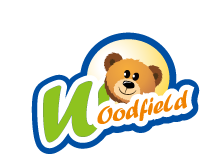
 EN
EN
 AR
AR
 BG
BG
 HR
HR
 DA
DA
 NL
NL
 FI
FI
 FR
FR
 DE
DE
 EL
EL
 IT
IT
 JA
JA
 KO
KO
 NO
NO
 PT
PT
 RO
RO
 RU
RU
 ES
ES
 SV
SV
 TL
TL
 IW
IW
 ID
ID
 SR
SR
 UK
UK
 HU
HU
 MT
MT
 TH
TH
 TR
TR
 FA
FA
 MS
MS
 GA
GA
 IS
IS
 EU
EU
 BN
BN
 LO
LO
 LA
LA
 SO
SO
 KK
KK

